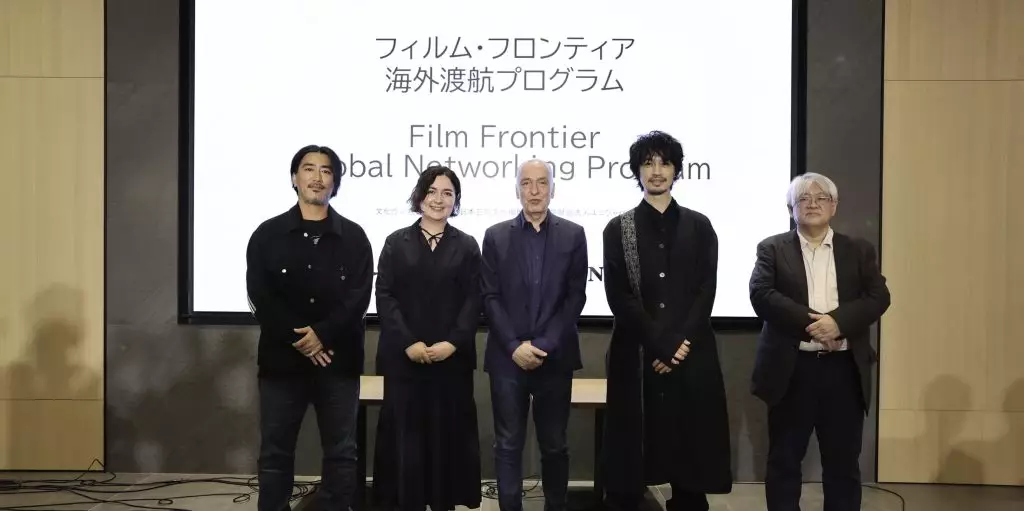In a significant move for the future of Japanese filmmaking, Japan’s Agency for Cultural Affairs has launched the inaugural Film Frontier Global Networking Program. Announced amid the prestigious Tokyo International Film Festival (TIFF), this initiative aims to cultivate the talents of emerging filmmakers by enhancing their skills, expanding their networks abroad, and boosting their visibility on the global stage. The collaboration with UniJapan, an organization dedicated to promoting Japanese cinema, underscores the commitment to nurturing a new generation of cinematic talent.
The Film Frontier Global Networking Program is structured to span 18 months, commencing on December 1 and concluding on May 31, 2026. This timeframe allows participants ample opportunity to develop their projects and hone their skills in a supportive environment. Initially focusing on live-action filmmakers, future iterations will also include those involved in animated films, reflecting the versatility and richness of Japan’s cinematic landscape. This strategic approach not only diversifies the cohort but also acknowledges the importance of both live-action and animated mediums in Japan’s film identity.
The first cohort comprises four talented filmmakers: Shingo Ota, Emma Kawawada, Kohki Hasei, and Mai Nakanishi. These individuals were selected based on their unique projects and potential for growth. This selective process is not just about the films themselves but also about fostering a community of creators who can share techniques, ideas, and challenges. Candidates for future cohorts will be required to meet specific criteria, emphasizing the program’s goal of supporting filmmakers who are at a pivotal stage in their careers.
Hirohiko Nakahar from the Agency for Cultural Affairs articulated the government’s vision for the program: fostering the ambitions of young creatives and ensuring the continued evolution of Japanese cinema. This initiative reflects a broader acknowledgment that supportive environments are crucial for artistic development. The urge to promote homegrown talent is particularly relevant in an industry increasingly influenced by global cinematic trends.
TIFF’s Programming Director, Shozo Ichiyama, highlighted the festival’s commitment to nurturing new filmmakers. He noted that the selected participants demonstrated ambitious visions, balanced with a pragmatic approach to filmmaking. The integration of international networking opportunities reinforces the program’s objectives, as filmmakers learn to navigate the complexity of a global market. The insights shared by notable figures like Christian Jeune of the Cannes Film Festival underscore the importance of collaboration and connection within the film industry.
Actor and director Takumi Saitoh shed light on the gaps in Japan’s support systems for filmmakers. Despite the presence of art colleges, the country lacks dedicated residencies that provide ongoing support throughout the filmmaking process. Saitoh’s observations highlight a crucial area for development in cultivating emerging talent—creating a comprehensive framework for filmmakers to thrive in.
Saitoh’s experience at the Cannes Film Festival exemplifies the enriching nature of international exposure. Engaging with global peers allows filmmakers to broaden their perspectives and refine their craft. Such opportunities encourage cross-cultural dialogues that ultimately enhance the quality and diversity of Japanese cinema in international arenas.
The Film Frontier Global Networking Program represents a pivotal step in energizing the Japanese film industry. By focusing on the development of emerging talent, providing essential networking opportunities, and reinforcing international connections, Japan is positioning itself to enhance its cinematic presence on the world stage. The ambitions of the selected filmmakers, bolstered by governmental and organizational support, suggest a promising future filled with innovation and artistic exploration in Japanese cinema. As the landscape continues to evolve, initiatives like this will play a crucial role in ensuring that Japan remains a vibrant player in the global film industry.
